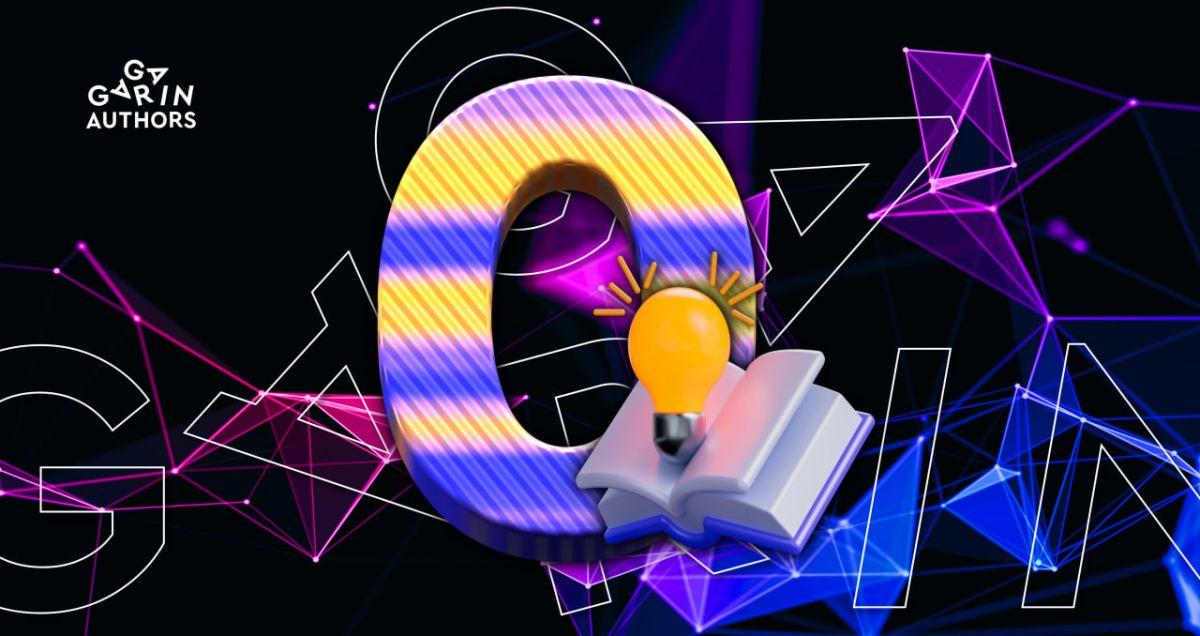What is zero-knowledge proof?

Zero-Knowledge Proof is a technology that allows you to verify the veracity of a piece of information without disclosing the information itself. Such technology is gradually gaining importance as a means of enhancing security and privacy in blockchain, cryptocurrencies, and DeFi.
On this page
Explore how zero-knowledge proof works
Zero-knowledge proof refers to a method through which one party, known as the prover, is able to prove to the other party, known as the verifier, whether a statement is true or not without revealing any additional information. This is especially helpful if the prover is hesitant to give the verifier access to private information.
A proving test provides mathematical proof that it alone is capable of generating, and the prover may use this proof to verify the veracity of the statement. However, they are unable to use the proof for reconstructing the original information.
How zero-knowledge proof works
Types of proofs
zk-SNARK (Zero-Knowledge Succinct Non-Interactive Argument of Knowledge) is a type of zero-knowledge proof that permits verification of a statement without disclosure of its facts.
zk-SNARK has already been used in the Zcash cryptocurrency and in JPMorgan Chase’s blockchain-based payment system. It is also used as a secure authentication method for clients on servers.
zk-STARK (Zero-Knowledge Scalable Transparent ARguments of Knowledge) – produces more proofs than ZK-SNARK. Consequently, their verification overhead is higher. Nevertheless, on occasion (e.g., validation of large datasets), zK-STARKs could be more cost-effective than ZK-SNARKs.
zkRoll-up offers a scalability solution that aggregates millions of transactions into one, allowing the blockchain to verify them more rapidly.
Use-cases for zero-knowledge proofs
Authentication
Verifying your identity and permission to access internet services is mandatory. Names, email addresses, birth dates, etc., are commonly used in this process. To prevent losing access, you might also need to learn complex passwords and authenticators.
Meanwhile, zero-knowledge proofs offer the potential to simplify authentication for both platforms and their users. When a ZK-proof has been created with publicly available inputs (e.g., data confirming the user's access to the platform) and private inputs (e.g., user data), the user is able to use the proof to authenticate their identity when they need to gain access to a site.
Confidential transactions
ZKP also allows users to conduct transactions on decentralized exchanges (DEX) in a confidential fashion, i.e. without disclosing their identity or transaction details.
Privacy protection
Many modern authentication systems put personal data at risk. Zero-information proofs offer the potential to assist individuals in proving their identity while protecting their private information.
Zero-knowledge proofs are particularly useful in decentralized identification. Individuals can regulate access to a personal authenticator by using decentralized identity. Authentication of citizenship without disclosing tax or passport details appears to be an excellent example of zero-knowledge technology ensuring decentralized identity.
The drawbacks associated with zero-knowledge proofs
- Computational intensity: The used algorithms tend to be computationally intensive, as they require multiple interactions between the prover and verifier (in interactive ZKPs) as well as a large amount of computational capacity. This makes ZKPs ill-suited for slow or mobile devices.
- Cost of proof verification: Computationally intensive proof verification also increases expenses for implementing zero-knowledge technology in apps. Proof computations are particularly sensitive to this cost.
- Inaccessibility: Should the person who initiated the transaction lose access, all associated data would also be lost.
Zero-knowledge proofs are growing increasingly popular due to their unique privacy-preserving capabilities and scalability potential. As blockchain, cryptocurrencies, and DeFi use this technology more extensively, we will see more innovative services that will be of significant benefit to users.
The content on The Coinomist is for informational purposes only and should not be interpreted as financial advice. While we strive to provide accurate and up-to-date information, we do not guarantee the accuracy, completeness, or reliability of any content. Neither we accept liability for any errors or omissions in the information provided or for any financial losses incurred as a result of relying on this information. Actions based on this content are at your own risk. Always do your own research and consult a professional. See our Terms, Privacy Policy, and Disclaimers for more details.


























